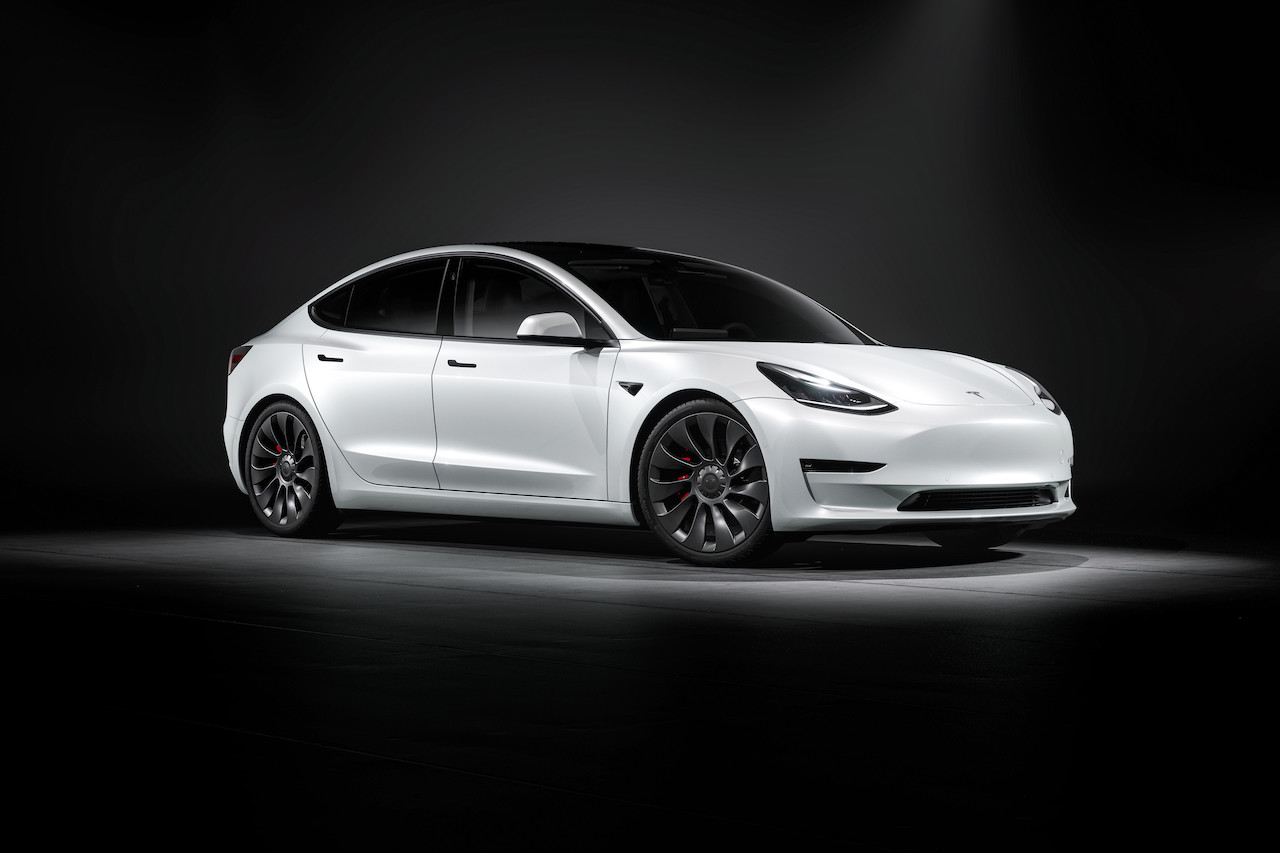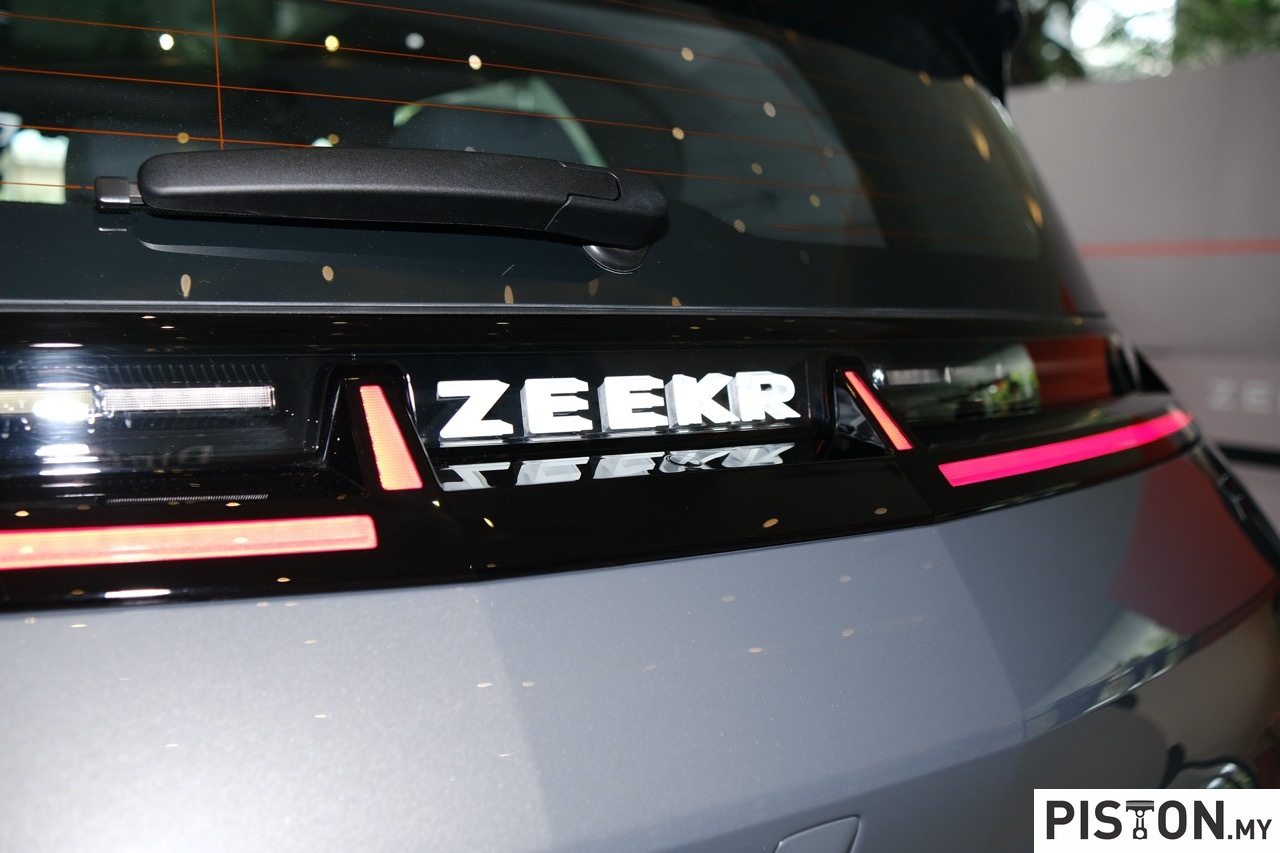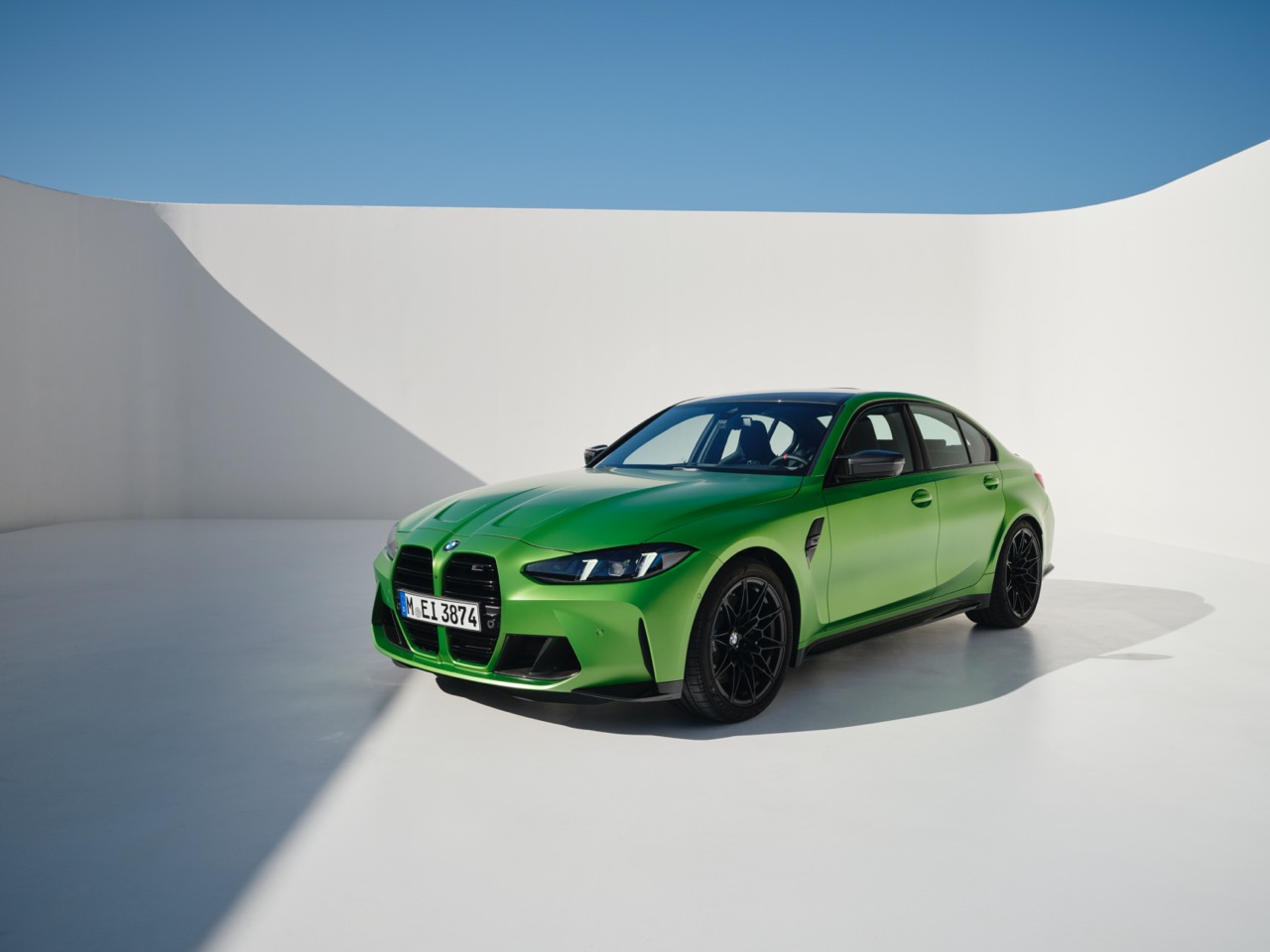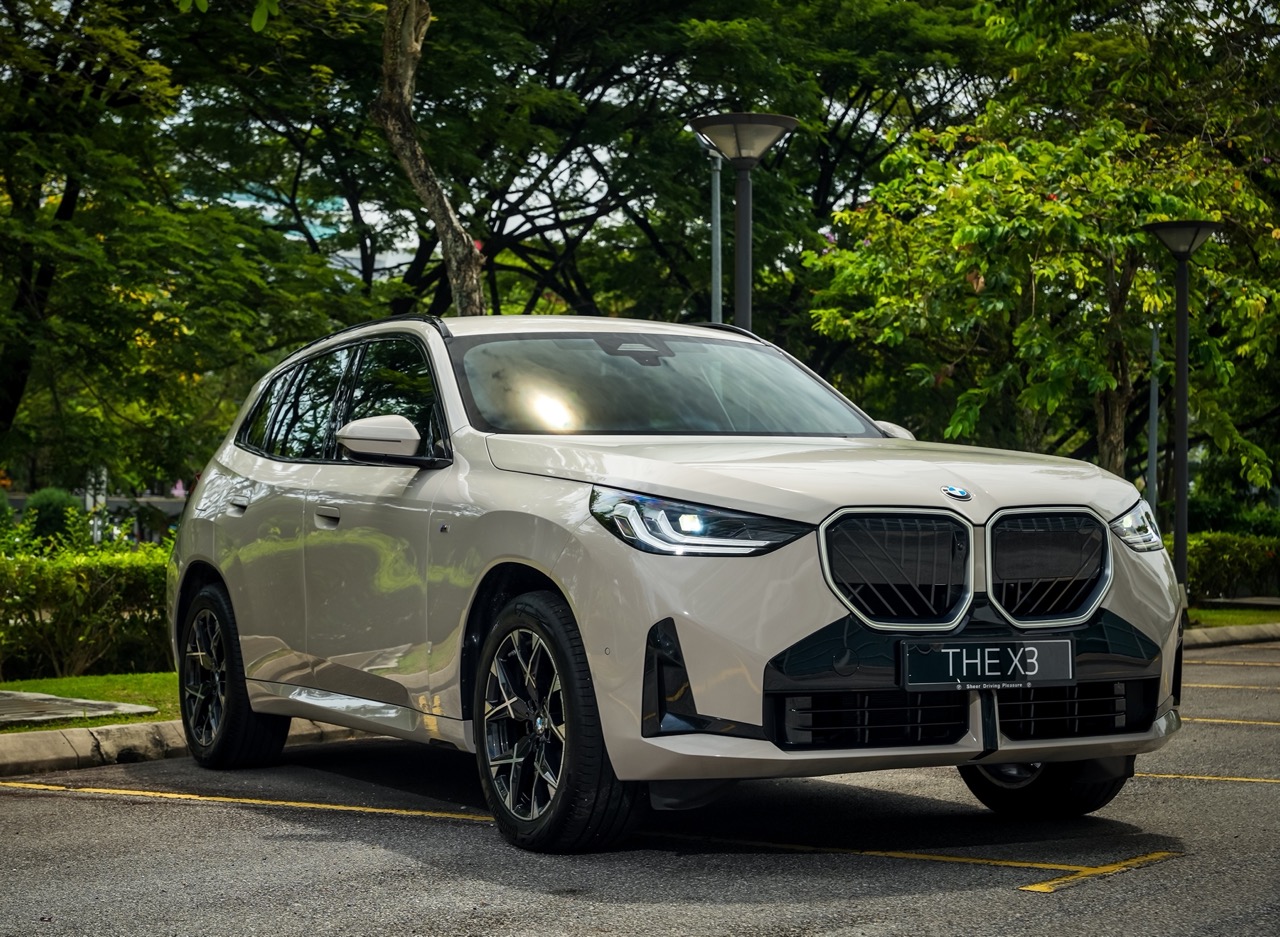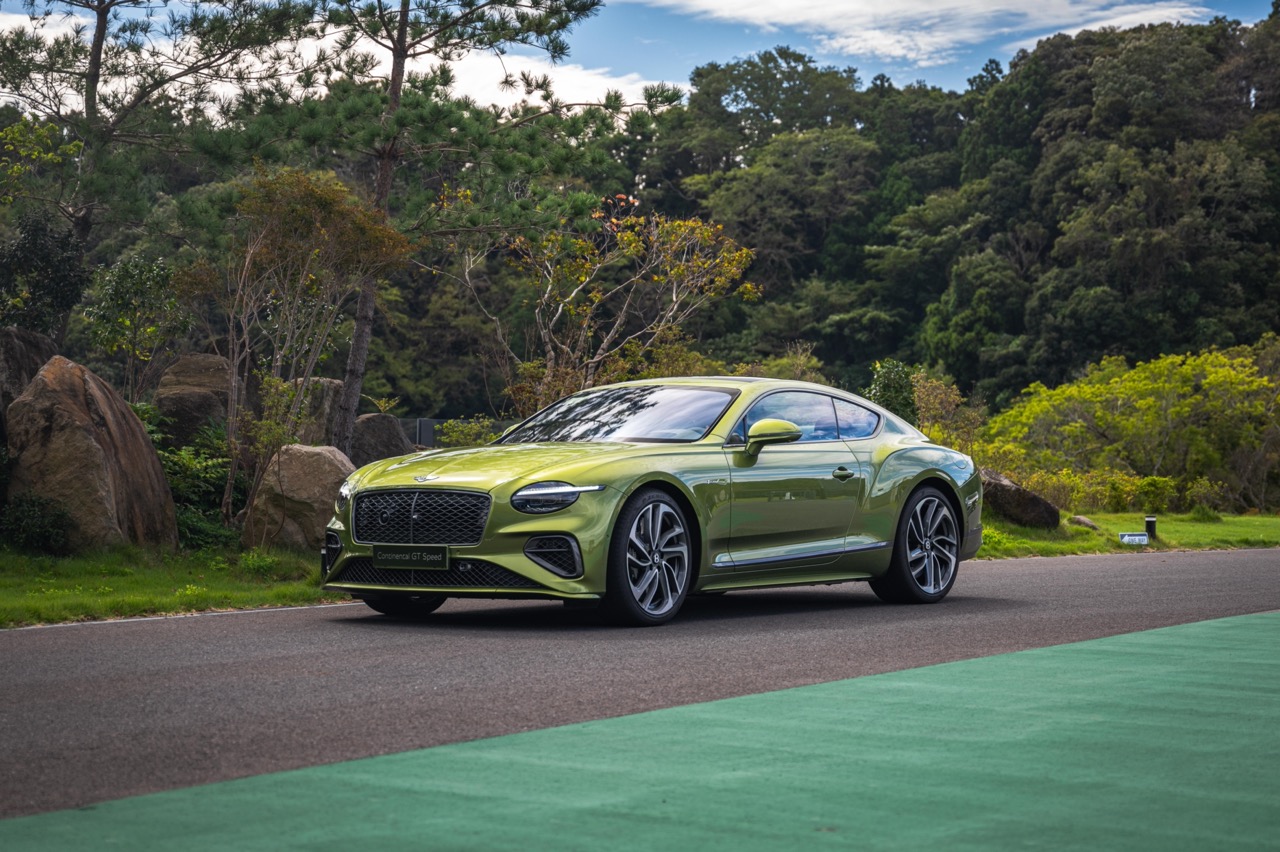EV’s are supposed to be the savior’s of the world by reducing greenhouse gas emissions, eliminate the need for dirty petrol, and improve the efficiency of transportation. Ironically, the bulk of the world is presently experiencing soaring temperatures, which consequently are reducing EV range and posing a challenge for EV users.
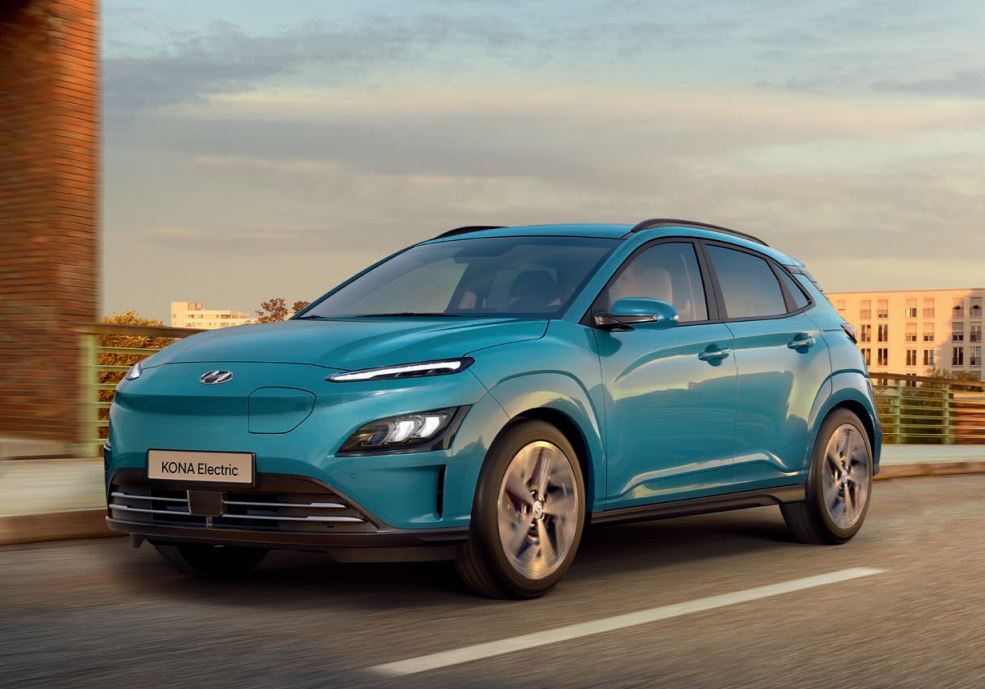
Recurrent, a battery and range analytics firm located in Seattle, evaluated a variety of EVs in a range of climates to see whether temperatures had an impact on battery health and range. EV range decreased as the temperature rose. When temperatures surpassed 38 degrees Celsius, the range of some EVs was reduced by 31%. EVs had a 5% range loss at 32 degrees Celcius and a 2.8% reduction at 26 degrees Celsius.
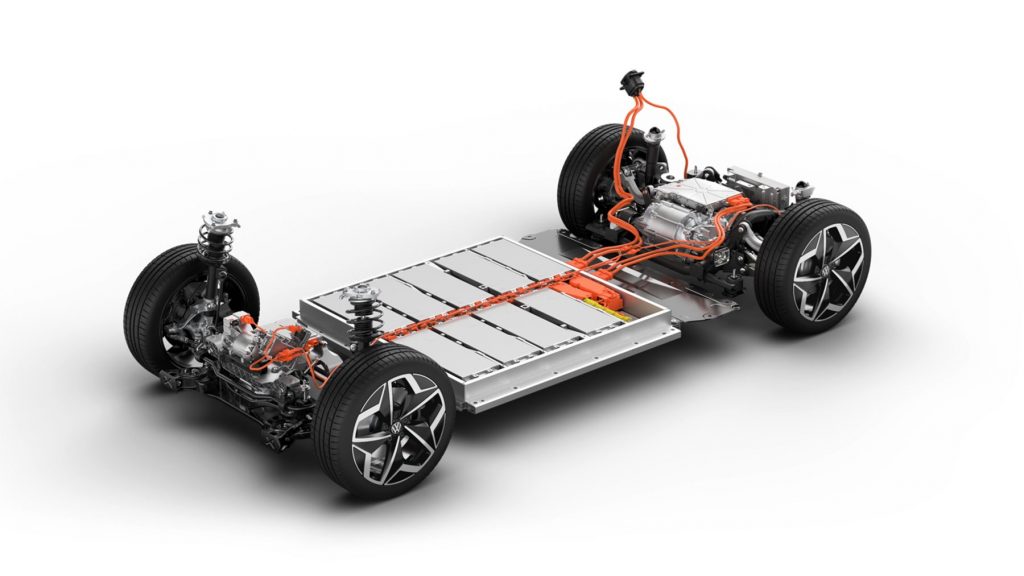
The issue doesn’t only affect one particular EV brand. Recurrent discovered that extreme temperatures had an impact on all EVs using data from 17,000 monitored electric vehicles from 65 different brands. The Ford Mustang Mach-E, Ford F-150 Lightning, Hyundai Kona Electric, Chevrolet Bolt EV, Nissan Leaf, Tesla Model 3, Tesla Model Y, Tesla Model S, and Tesla Model X are among the vehicles that were noted.
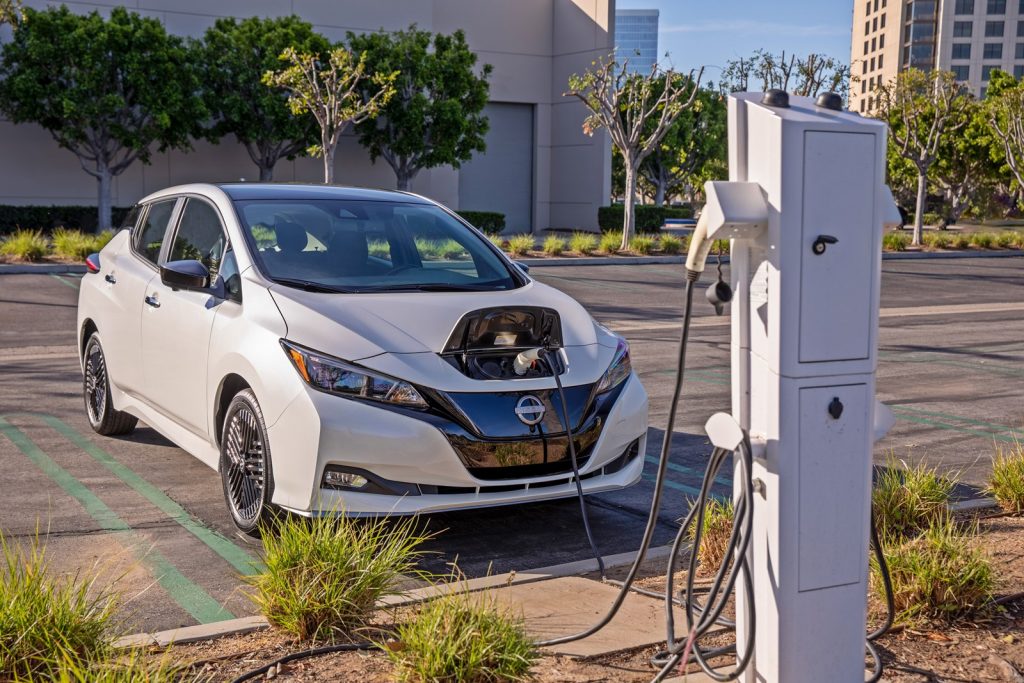
Battery chemistry is a major factor in the range reduction. When the temperature rises over 40 degrees Celsius, the passive emissions layer on the anode begins to break down. This breakdown leads to the liquid electrolyte being consumed, which reduces the battery’s lifespan.
Recurrent discovered that all EVs saw some form of range reduction in hot temperatures, but the company asserts that Tesla’s EVs experienced the least amount of deterioration.
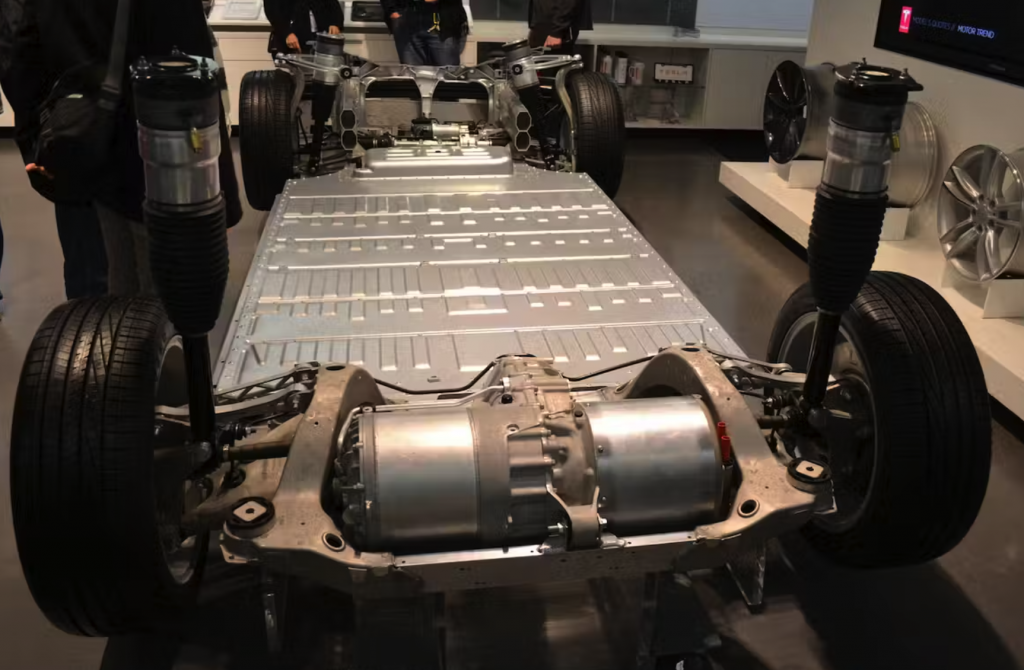
Because they employ a heat pump rather than a conventional air conditioning system, Tesla’s EVs operate more effectively in hotter climates. According to several reports, heat pumps are more effective at cooling, and Tesla’s system is capable of both summer and winter heating and cooling.

This is good news for those who will be purchasing the Model Y that was recently launched here in Malaysia. Due to global warming and the scorching hot weather we have nowadays, the EVs in Malaysia too are affected and not many are aware of this issue.
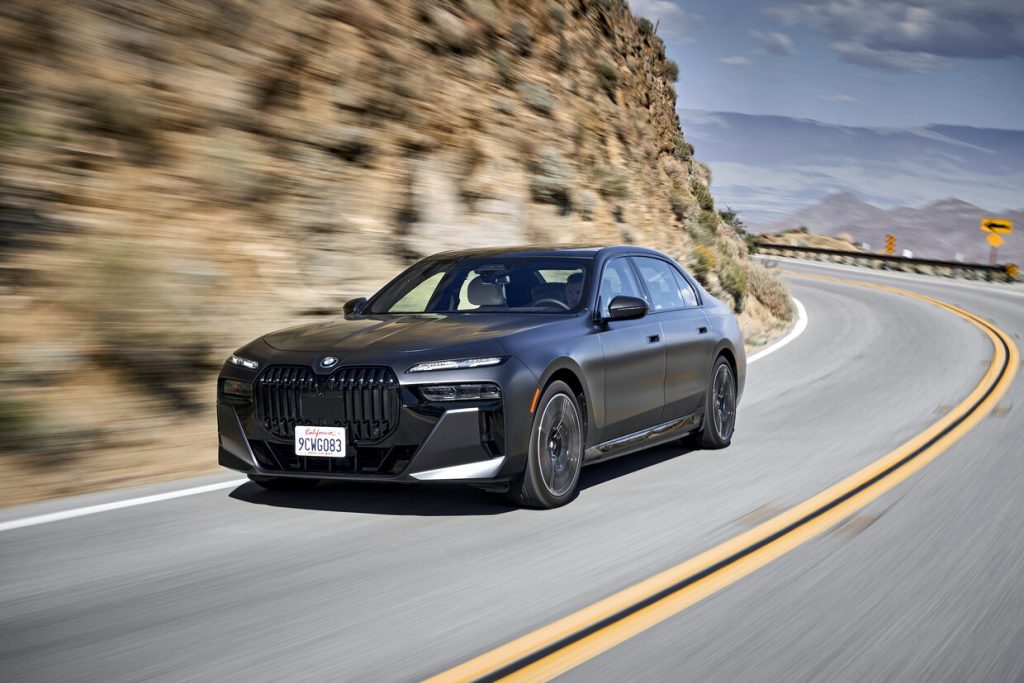
Parking an EV in an uncooled garage without connecting it to a charger is the worst thing an EV owner can do when the weather is excessively hot. An EV can supposedly drain electricity to keep the battery cool if it is not hooked to a charger when it is hot outside.
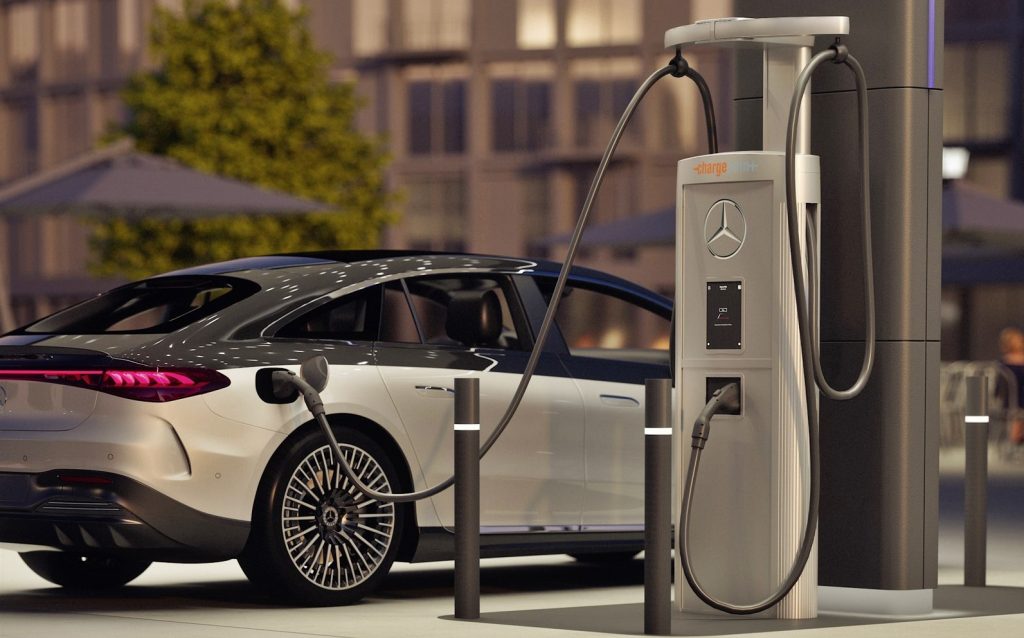
Some drivers may wonder if shutting off an EV’s air conditioning system may increase range and efficiency when it’s really hot outside. In a car with a combustion engine during hot weather, turning off the air conditioning can increase engine efficiency. With an electric vehicle, however, this is not the case.
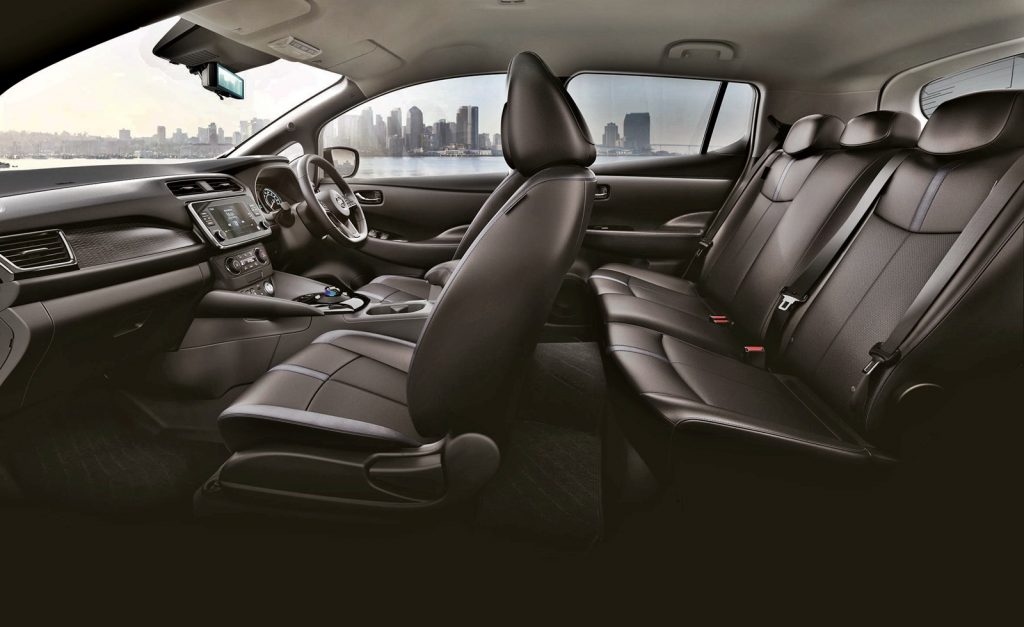
In EVs, keeping the A/C on didn’t significantly cut down on the range. On the other hand, pre-cooling an EV while it’s charging may help owners conserve driving range.
Bloomberg noted that the highest rates of EV adoption may be seen in states with higher average temperatures. 56% of America’s electric vehicles are produced in Florida, Arizona, California, Georgia, and Texas, according to data from the Department of Energy. Due to the predicted increase in temperature brought on by global warming, EV owners may need to pay more attention to the range when choosing an EV to account for a significant drop in performance during the warmer months.
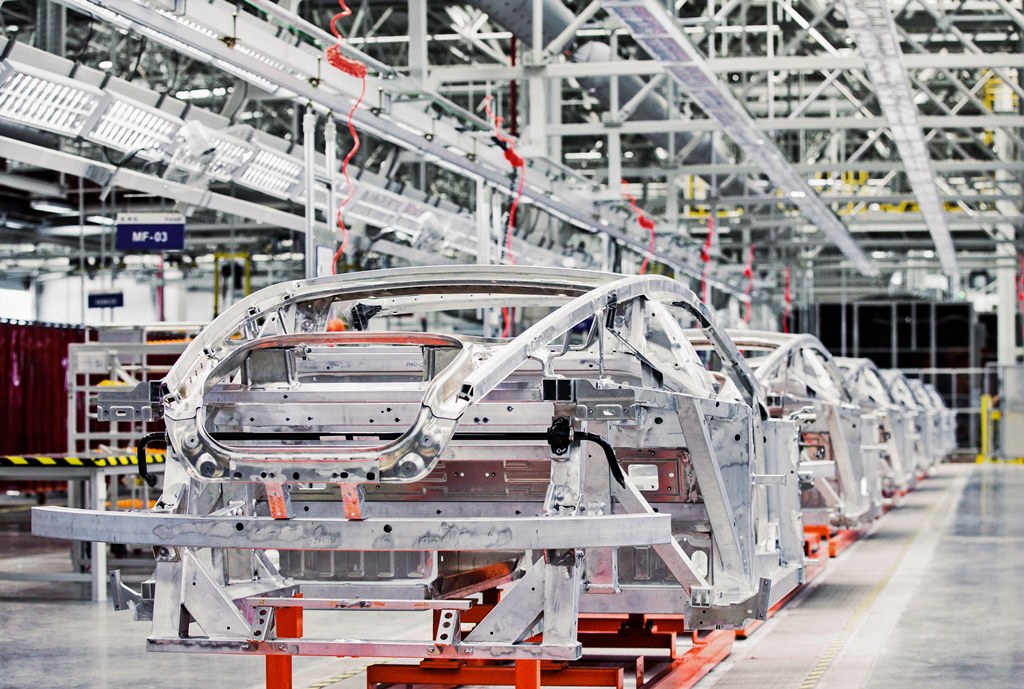
Although Malaysia is not to that extent yet, EV owners and future EV buyers here do need to keep an eye on the range and battery consumption during these hot times.



